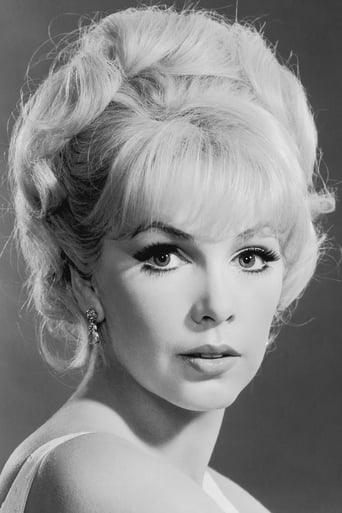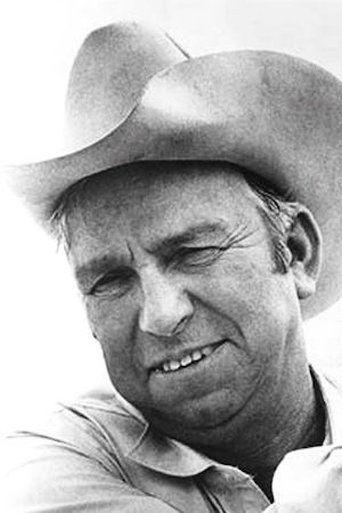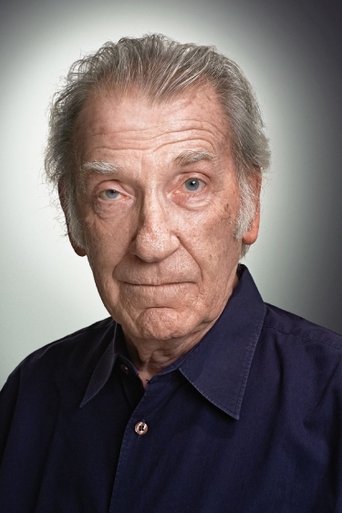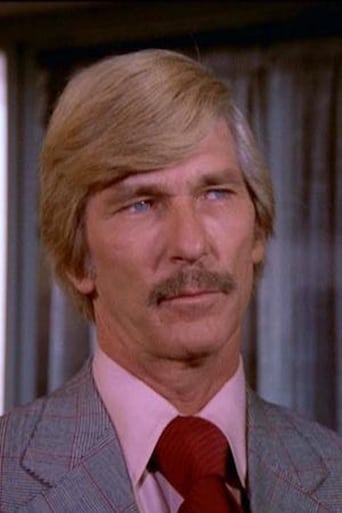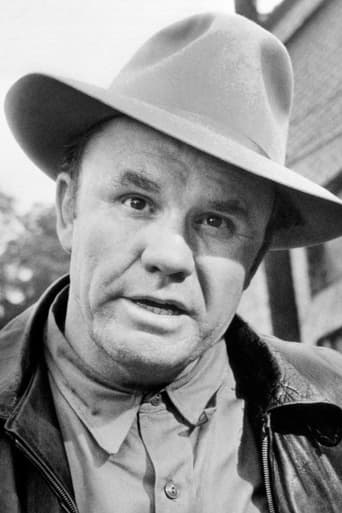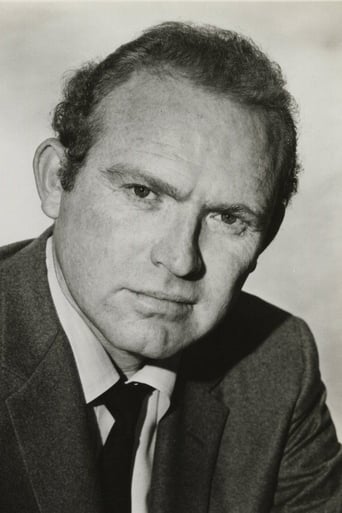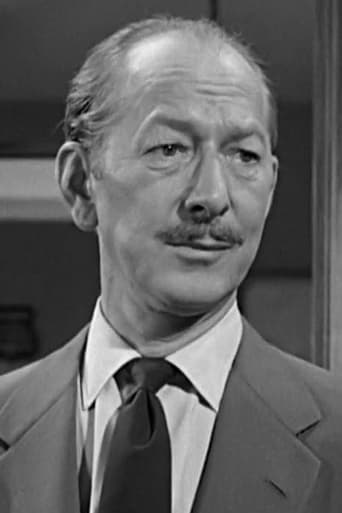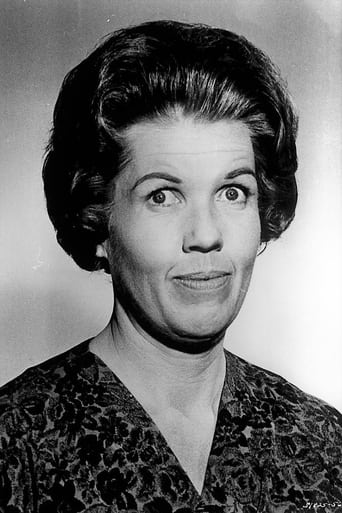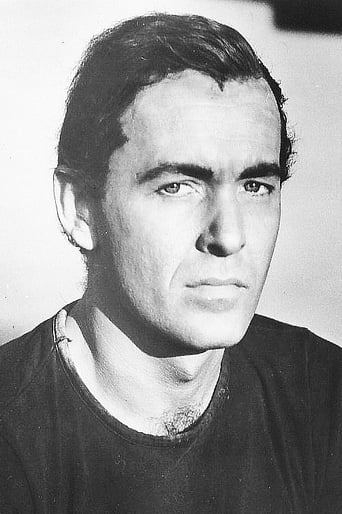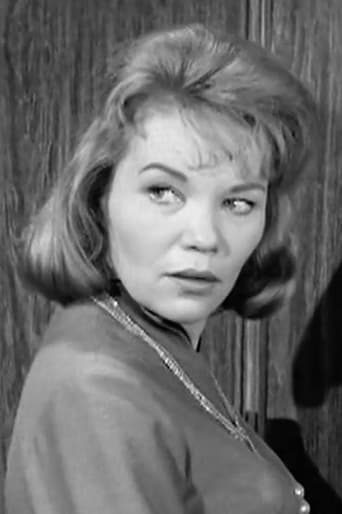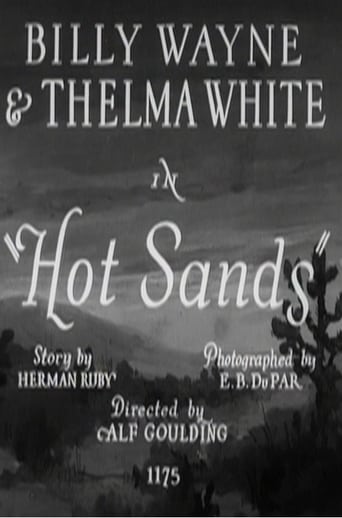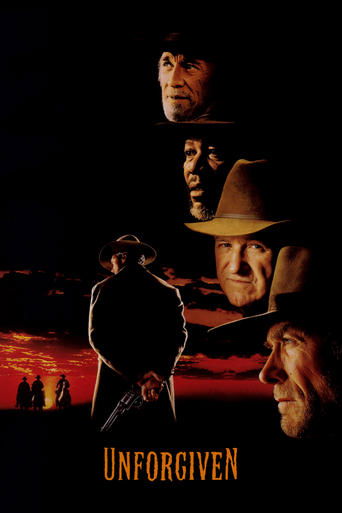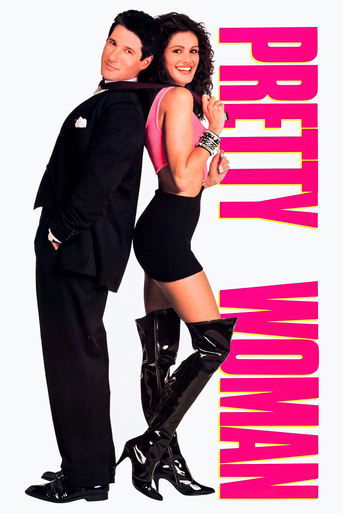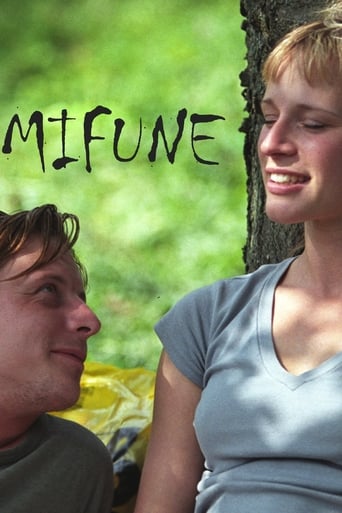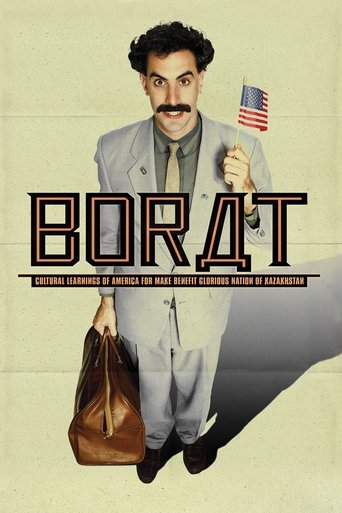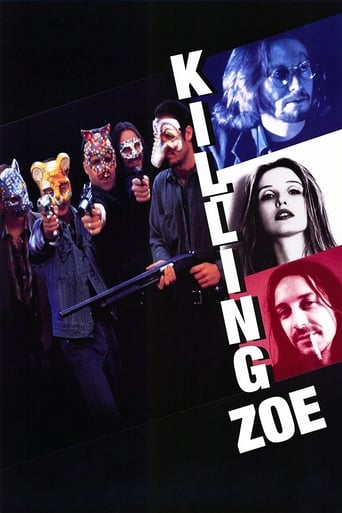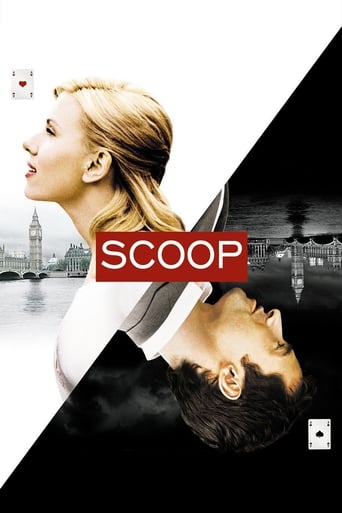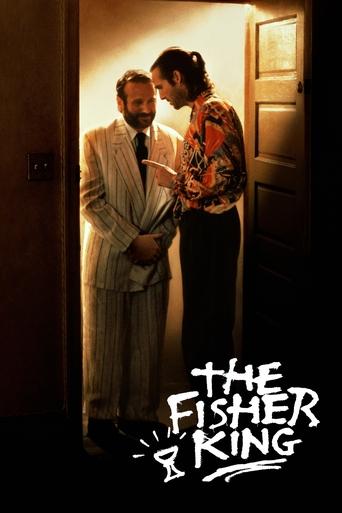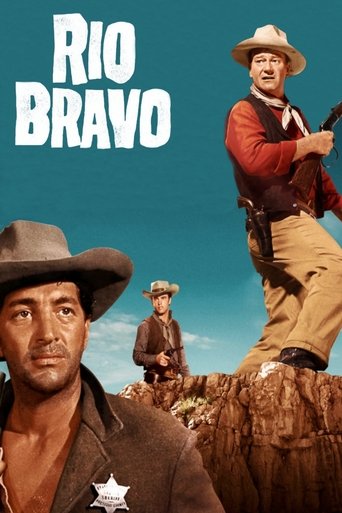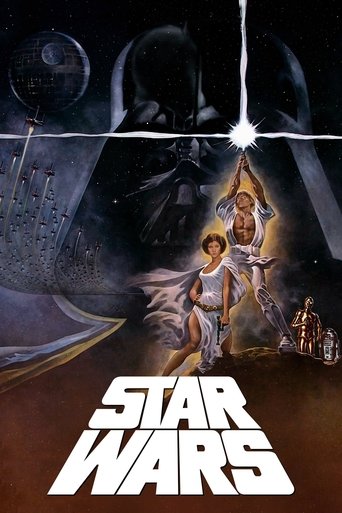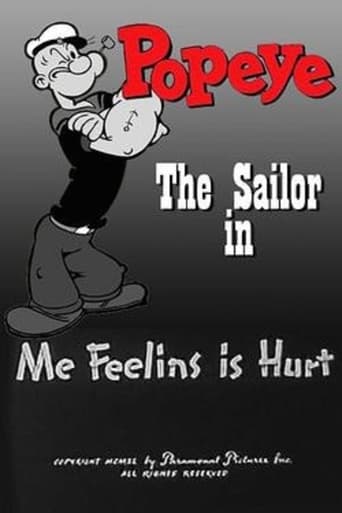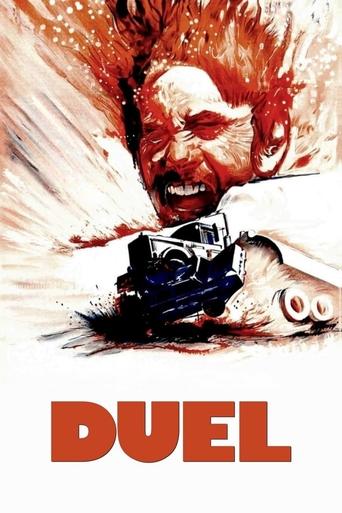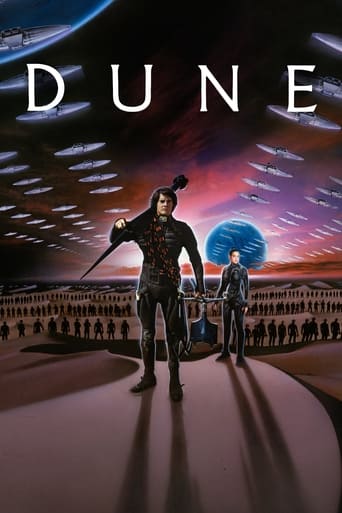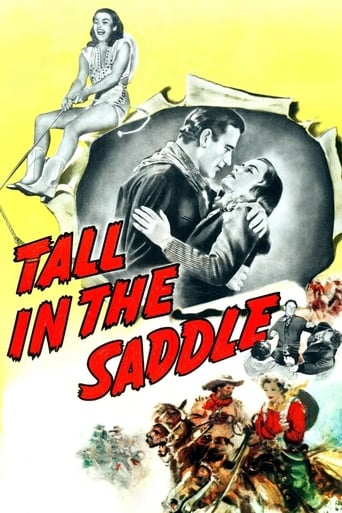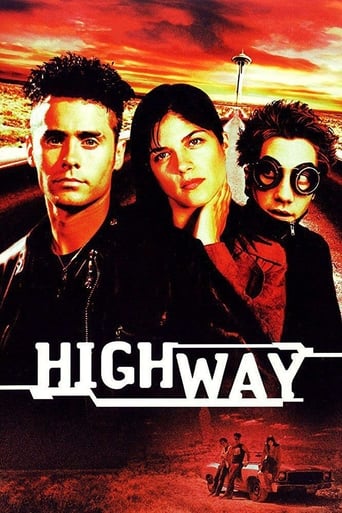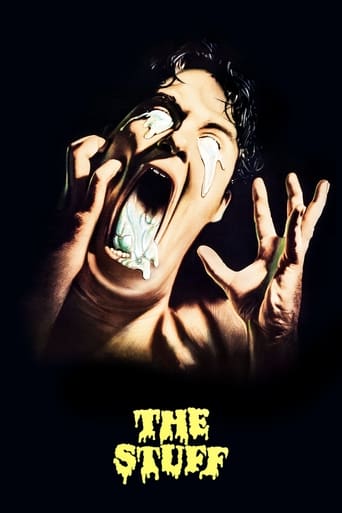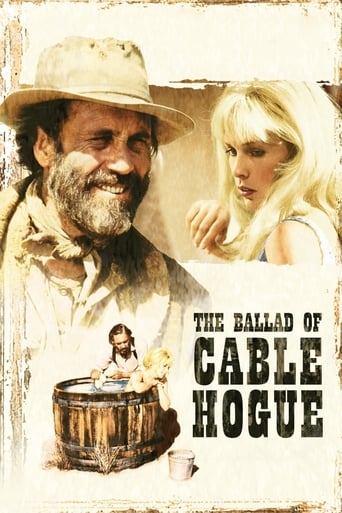
The Ballad of Cable Hogue (1970)
Double-crossed and left without water in the desert, Cable Hogue is saved when he finds a spring. It is in just the right spot for a much needed rest stop on the local stagecoach line, and Hogue uses this to his advantage. He builds a house and makes money off the stagecoach passengers. Hildy, a prostitute from the nearest town, moves in with him. Hogue has everything going his way until the advent of the automobile ends the era of the stagecoach.
- Sam Peckinpah
- Gordon T. Dawson
- Edmund Penney
- John Crawford
Rating: 6.958/10 by 201 users
Alternative Title:
Ballade von Cable Hogue - DE
Country:
United States of America
Language:
English
Runtime: 02 hour 01 minutes
Budget: $3,716,946
Revenue: $5,000,000
Plot Keyword: prostitute, homeless person, desert, stagecoach, prospector, reverend, way station, rattlesnake
Peckinpah's lyrical vision of the West provides humour and comfort to director and viewer alike. The Ballad Of Cable Hogue sees Sam Peckinpah in jolly form. There is nothing here to trouble the censors, a bit of violence here and there - and some nasty human traits seam through the story, but this is purely a funny and touching movie that again deals with a Peckinpah fave theme of the Old West passing. Only difference is here he has his tongue firmly in cheek as he observes the thirst for finance sweeping across the country. Cable Hogue is a prospector left for dead in the desert by his two double-crossing partners Bowen & Taggart. Wandering across the desert talking to god, Hogue collapses during a sandstorm and finds mud on his boot, after digging down for a while he finds the miracle of water (though Hogue badly misspells this on his advertisement). An encounter with preacher Joshua convinces Hogue to go patent his spring and make a killing selling water to the passing stagecoach trail that runs by his newly found oasis. After striking a deal in the town of Dead Dog, Hogue is set up nicely while into the bargain he falls for gorgeous prostitute Hildy. The film cheekily (just like Hogue) has established itself as a fine piece by the time it takes it's dark turn. It seems that revenge is the new found recipe on the Cable Springs Menu. This was Sam Peckinpah's favourite film from his own CV, it's his most personal, he apparently saw a lot of himself in Cable Hogue, and with that in mind the film does gain a bit more emotional heart. But strikingly, it's the humour in there that shouldn't be understated, this was the director at one with himself, and the result is lyrical deftness. The cast are great, Jason Robards is wonderful in the title role, Stella Stevens as Hildy shows a fine actress at work. So much so it only makes me lament that she didn't have a great and industrious career post Cable Hogue. Peckinpah faves Strother Martin, L.Q. Jones & Slim Pickens reward their loyal director with impacting shows, while David Warner as the confused sexual predator preacher Joshua practically steals the film with his hedonistic leanings. Don't go into this film expecting a blood and thunder Western and you will be pleasantly surprised at its thematic heartbeat. Different sort of Peckinpah, but it's also essential Peckinpah. 9/10


